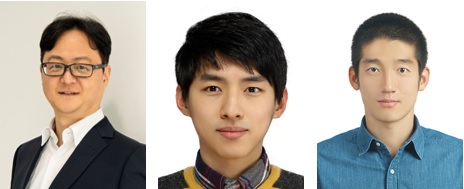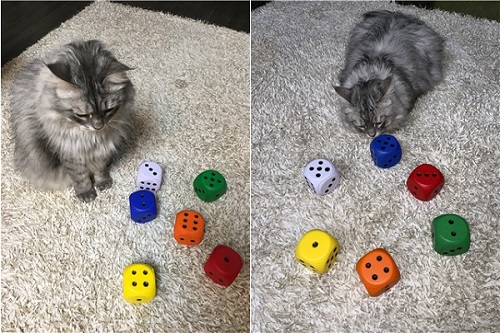Researchers at the Korea Advanced Institute of Science and Technology (KAIST) have proved non-educated neural networks can spontaneously develop high-level visual cognitive function, the university said.

The study runs counter to the existing common sense that sufficient data learning is a prerequisite to generating high-level cognitive functions in the neural network, throwing questions to the widely recognized way AI works, KAIST said in a news release Tuesday.
Their findings present a new viewpoint on the principles of “occurrence and evolution of cognitive intelligence,” providing theories regarding the occurrence of innate cognitive functions observed in various species' brains.
The team, led by Professor Paik Se-bum of the Department of Bio and Brain Engineering at KAIST, conducted the study by simulating the artificial neural network. They set all connective weights to be determined randomly and did not educate the AI.

As a result, the artificial neural network created “quantity selectivity,” which responds selectively to a particular number without learning anything. The spontaneously emerged quantitative selective units followed the Webber-Fechner Law, a psychophysical law indicating the relationship between stimulation and sensation.
The study of the neural network’s cognitive intelligence occurrence is one of the key research topics in cognitive brain science and AI. Unlike AI neural networks, which require deep learning through mass data input, animals' brains have various, connate cognitive functions after birth, the team said. Further, the results demonstrate that humans’ pre-existing neural network structure can be controlled by multiple training. The finding provides an important clue to the formation of “nature vs. nurture,” one of the most fiercely argued neuroscience topics, they said.
“The study is significant in that we applied ideas from the study results of actual brain neural network to AI neural network, and reused it to discover the principles of brain science,” Professor Paik said. “We expect the study to cast a turning point in understanding the origin of cognitive function, one of the ultimate questions of neuroscience and brain engineering fields.”
The study results were published in Science Advances, the sister journal of Science.

